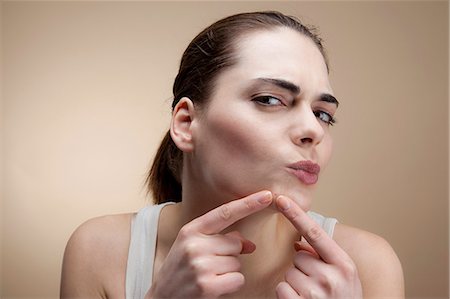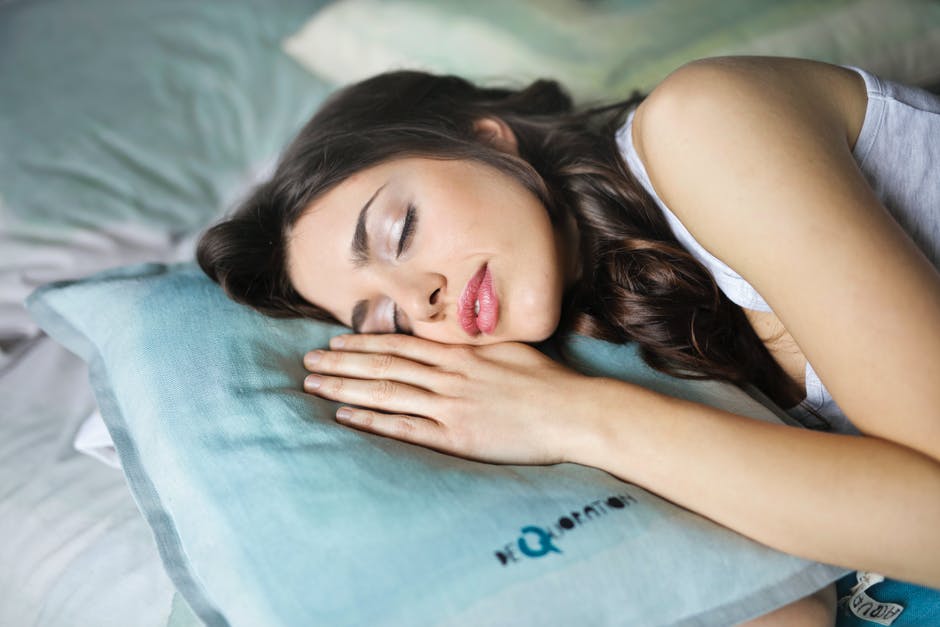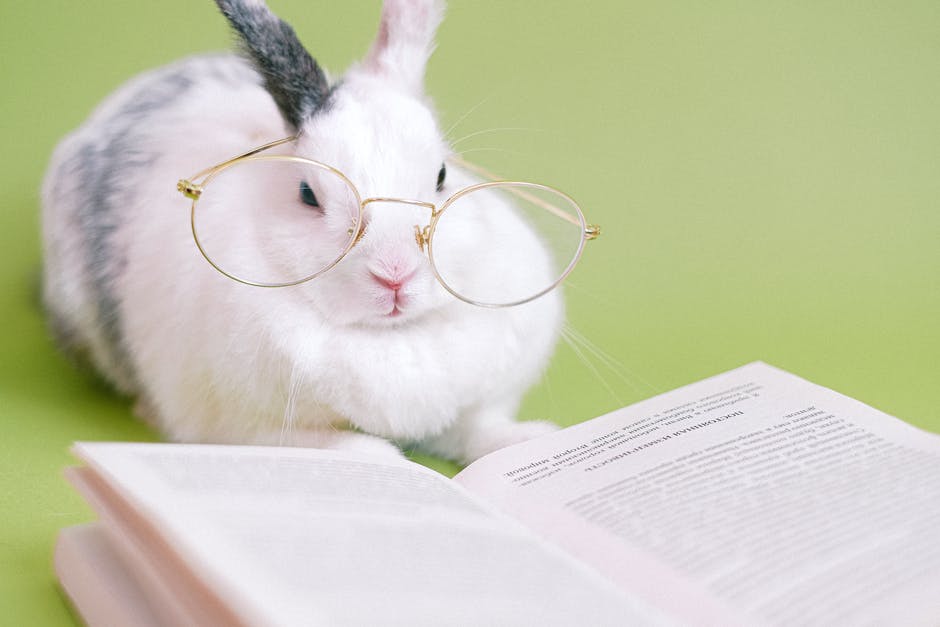The horse's diet, exercise, and veterinarian care play a huge role in its health. The vet must be aware of the horse's medical history because it affects how it is treated. A horse fed a complete food can experience fewer skin problems than a fed diet consisting of hay, grains, and supplements. A horse fed a grain-free diet can have more health problems like colic because it can have problems with digestion. A veterinarian should check the horse’s vital signs and pay attention to the horse's behavior. They should also check the mane and tail for skin problems. If a horse has skin problems, it may need medication.
Here’s Are Tips on How a Horse Stays Healthy and Fit for A Long Time:
Properly Cool Horse Down After Performing Any Activity for A Significant Period of Time
Horses need to be cooled down properly after performing any activity for a significant period of time. Horses are large energetic animals, and without proper cooling down, they run the risk of heat stress. A horse's body temperature needs to be between 37 degrees and 39 degrees Celsius. This can be done by spraying the horse's body with water. Horses also need adequate rest after training, and it is crucial that horses are fed properly and stay hydrated.
Groom
Horses get an annual check-up, including a teeth cleaning, hoof trimming, and nail clipping. Horses get vaccinated against distemper, rabies, and other viruses. In addition, they should be wormed on a regular basis. Horses may have their teeth floated. Annual dental radiographs are used in horses for diagnosing dental problems. Horses should receive a dental exam at least once a year, and teeth float every two years. Horses that are trained for competition should be checked by a veterinarian every six to eight weeks.
Worming Routine
It is advisable to worm a horse at least every four weeks. If the horse is wormed regularly, it’s less likely to get worms, which affects the horse, its health, and the quality-of-life stall. All in all, horse owners must be careful about the worms they carry around with them. Some worm infections, such as lungworms, can be severe. But if the horse owners take proper care of the horse, the chances of getting these infections are minimized.
Daily Exercise
The exercises a horse needs to perform to stay healthy and fit are not very different from those of human needs. Horse owners must keep an eye on their horses’ activity levels. This not only helps them stay fit but happy as well. For a horse to stay fit and healthy, he must get enough exercise. If a horse is overweight, he should not exercise. Horse owners can walk their horses, ride them, and exercise them. When a horse is exercised, he sweats. Sometimes, when a horse sweats, he is bathed.
Necessary Vaccinations for Your Pet Horse
There are 3 main vaccinations that a pet horse should have every year. The first is the DHPP vaccine, also known as the equine hepatitis vaccine. Equine hepatitis is an upper respiratory disease that can affect the respiratory and reproductive systems. The second vaccination is the clostridial vaccine, better known as the tetanus vaccine. Vaccination for tetanus is a particularly important vaccination for horses that are kept n-or ridden. The third vaccination is an equine influenza vaccine, which protects against equine influenza and equine pneumonitis. If a horse contracts equine influenza, it can be fatal.
Horses are special animals that require a lot of care. Like all animals, they need proper nutrition. If a horse doesn’t get enough nutrition, it may become sick and weak. The horse may also become overweight, as horses love to eat. The best way to prevent this in horses is to feed them a nutritious diet. A healthy horse will live longer.
Horses are such lovely special animals. What do you think? Share it with us in the comment section.



















